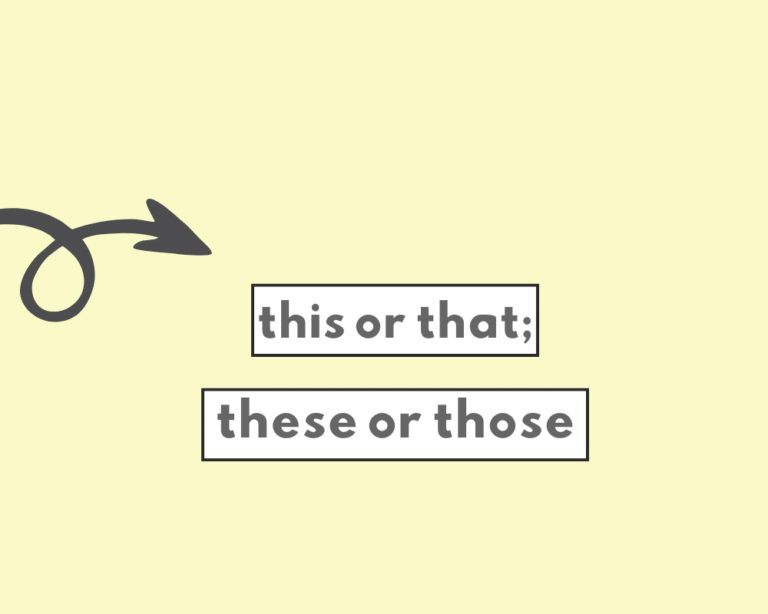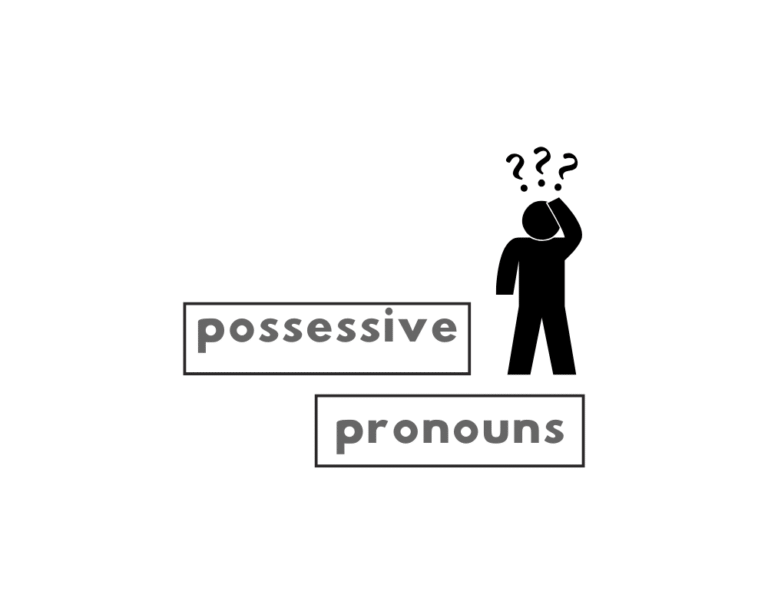
“Seek not the favor of the multitude; it is seldom got by honest and lawful means. But seek the testimony of few; and number not voices, but weigh them.” —Immanuel Kant (from BrainyQuote). |
Is it Seeked or Sought?
What’s the past tense of seek? Is ‘seeked‘ a word? Why is English so consistently inconsistent as a language? You’ve sought an answer, and you shall receive (what you seek…)
Seeked or sought?
The Oxford Learner’s Dictionary defines seek as “to ask somebody for something; to try to obtain or achieve something”.
- The past tense and past participle of seek are both sought.
- Seeked is incorrect and not a recognized word in English.
| Sentence with “seek” present tense | Sentence with “sought” past tense |
| It is best to seek a compromise rather than a perfect solution. | They sought refuge in the mountain villages. |
Verb forms of “seek”
| present | past | future | |
| simple | I seek | I sought | I will seek |
| continuous | I am seeking | I was seeking | I will be seeking |
| perfect | I have sought | I had sought | I will have sought |
| perfect continuous | I have been seeking | I had been seeking | I will have been seeking |
While “seeked” is technically incorrect, most people will likely understand what’s being said. The correct past tense (and past participle) is sought, which rhymes with brought, which is the past tense of bring. But the present tense of sought does not rhyme with bring, as does sing or ring.
Past participle vs. past tense of seek
Compare these sentences that show seek in the past tense vs. as a past participle:
Past tense: They sought refuge in the mountain villages. |
Past participle: My mother had sought protection from the cold and harsh climate. |
If an auxiliary/helper verb (had/have) and, then it’s a participle verb form and not a simple tense. The auxiliary had alongside ‘sought‘ in the second sentence tells us it’s the past participle, ‘sought‘.
Other irregular verbs like seek
“Seek” / “sought”, used in sentences
| Word Form | Examples |
|---|---|
| Present Tense | Examples: “seek”, present tense We seek a place to rest.She tried to seek a solution for the problem.She fled the country and now seeks asylum in Sweden. |
| Past Tense | Examples: “sought”, past tenses He searched long and hard, and eventually he found what he had sought.They sought in vain for somewhere to shelter.They’d sought alternatives before going with the more drastic decision.They sought refuge in the mountain villages. |
Synonyms and Idioms with seek
| Synonyms of seek | Idioms with seek |
|---|---|
| explore | to seek a knot in a bulrush (to attempt a futile task) |
| pursue | to play hide-and-seek (to be hiding) |
| chase | seek pastures new (to look for new and better opportunities/circumstances) |
| follow | seek revenge (to exact revenge) |
Origin of the verb seek
| Of Germanic Origin |
| Middle English sēchen “go in search or quest of; strive for, try to attain,” from Old English secan, seocan “search for; pursue, chase; long for, wish for, desire; look for, expect from,” influenced by Old Norse soekja, both from Proto-Germanic *sokjanan. |
Learn more about grammar
| Commonly misused words | UK English vs. US English |
|---|---|
| former vs. latter | spelt or spelled? |
| bear vs. bare | color or colour? |
| breathe vs. breath | favorite vs. favourite |
| compliment vs. complement | smelled or smelt? |
| affect vs. effect | gray or grey? |
| elude vs. allude | favor vs. favour |
| it’s or its | analyze or analyse? |
Sources
-
Definition of seek from the Collins English Dictionary. Accessed on January 20, 2023.
-
Harper, Douglas. “Etymology of seek.” Online Etymology Dictionary, https://www.etymonline.com/word/seek. Accessed 20 January 2023.
-
“Seek.” TheFreeDictionary.com. 2023. Farlex, Inc. 20 Jan. 2023 https://idioms.thefreedictionary.com/seek










